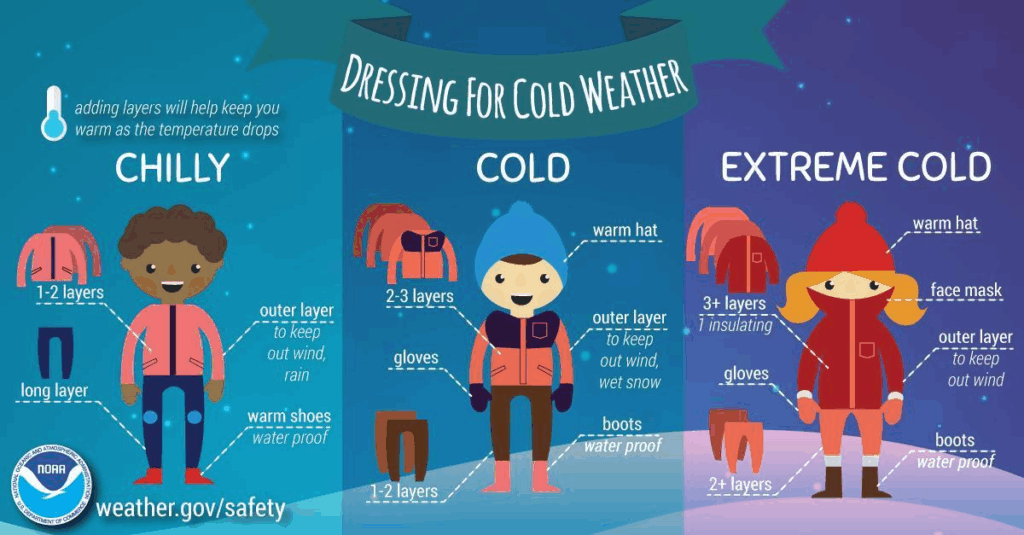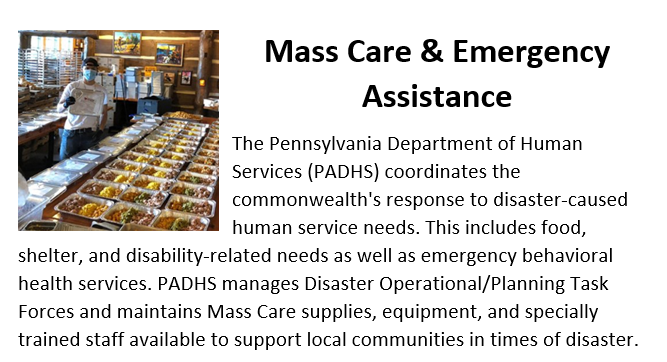
************************************************************************************
Keep Your Car Safe from Thieves
In a recent READY Philadelphia post the Philadelphia Police Department remind us that criminals are using easily obtainable key fob programming devices to access a vehicle’s computer and create new key fobs for the vehicle, allowing them to silently and swiftly steal your car. The peak theft hours are between 10:00 p.m. and 4:00 a.m.
They remind us to:
- Lock your vehicles
- Never leave your car running unattended
- Use theft deterrents such as a Steering Wheel Lock, Car Alarm, Kill switch, and an Onboard Diagnostic Lock
- Never leave your key fob by the front door unless stored in a faraday bag
- Park in well-lit or visible areas when possible
- Check with your dealership for vehicle anti-theft updates
- Report suspicious activity immediately
Please take a moment and watch this 5-minute auto theft prevention video with Lieutenant Brian Geer of Major Crimes Auto Squad Investigations.
++++++++++++++++++++++++++++++++++++++++++++++++++++++++++++++++++++++++++++++++++=
Are you prepared to evacuate?

=============================================================

#######################################################
Disability Rights PA “Rights of People with Disabilities in an Emergency” fact sheets
- Access to Shelter and Temporary Housing
- Access to Healthcare, Social Services, and Recovery Services;
Discover eight essential ways individuals with disabilities can increase their resilience to disasters. From creating a support network and ensuring access to medical support to planning for power outages and building an emergency kit, this blog will provide practical tips to help individuals with disabilities and their caregivers effectively prepare for and navigate before, during and after disasters. Read the full blog and become more disaster resilient by visiting FEMA.gov.

In times of natural disasters, it’s important to remember that the Americans with Disabilities Act (ADA) remains in effect. Disaster response and assistance must be inclusive and accessible to all. Here are some resources:
RESOURCES FOR PEOPLE WITH DISABILITIES
- Pacific ADA Center – Emergency preparedness for people with disabilities
- The Partnership for Inclusive Disaster Strategies – Disaster Resources
- Administration for Community Living (ACL) – Emergency Response
- Spanish – Your Rights in Disaster – Sus Derechos en un Desastre
RESOURCES FOR EMERGENCY MANAGEMENT PROFESSIONALS AND VOLUNTEERS
- Pacific ADA Center – Emergency preparedness for government and organizations
- SAMHSA – Effective Communication During a Disaster, Emergency Planning & the ADA
==================================================
The free Disaster & Religions App is a religious literacy resource designed to help faith and community leaders, first responders, disaster service professionals, and neighbors competently engage with and care for people of faith of all backgrounds in crisis settings. The app’s recent updates include expanded resources on 27 denominations and religions as well as a new Prayers Module for Chaplains and First Responders. Read more about the updates here! Download for free from the App Store or Google Play. |

The National Institute of Environmental Health Sciences Disaster Research Response Program has produced resources pertaining to children and disasters.
Here is another helpful resource for children: Ready Kids (DHS)
Planning to power Up your Important life-enabling devices.
Do you use battery-operated communication devices, hearing aids, or mobility equipment? Do you have respiratory devices like a suction or CPAP machine? Does your medication or nutritional formula require refrigeration? Start thinking about all the ways you rely on access to electricity. Click here for important information on Addressing Power Needs in Your Emergency Plan.
Help for Veterans
The PA Department of Military and Veterans Affairs has a program – “Individual Grant Application for Veterans – Temporary Assistance (VTA).” To be eligible an applicant must have served in the Armed Forces, including the reserves, and discharged under Honorable Conditions; was Killed In Action; OR suffered a service-connected disability. The applicant must demonstrate an immediate need for financial assistance to provide himself/herself and his/her family with the necessities of living. The applicant must be a current resident of PA. Upon the death of a veteran, his or her unmarried surviving spouse is eligible provided the Veteran would have qualified for assistance prior to her/his death. Get a copy of the application.



Click here for the DHS webpage.
The PA Department of Human Services has a website for Mass Care. You can read about the Task Forces and other resources available to support mass care needs in the Commonwealth at www.dhs.pa.gov/MassCare.
| To search for shelters near you, text SHELTER and the ZIP code to 43362 (e.g. Shelter 12345). You may look up shelters any time through the American Red Cross shelter map or by downloading the FEMA App. |
INSURANCE RESOURCES
United Policy Holders has these resources:
- Hurricane Ian Insurance and Recovery Help Library
- Avoiding Frauds and Scams After a Disaster
- NFIP flood policyholders can request a $20,000 advance
- Help from the FL. Division of Consumer Services
- Licensed professional claim help
- Tips to keep your Insurance Policies Up-to-Date
There is a New Video in the UP Preparedness Library: Home insurance tips to stay protected and be a savvy consumer! Watch the video here.
Do you need up-to-date travel information?
Do you know that you can get information on more than 40,000 roadway miles, including color-coded winter conditions on 2,900 miles, by visiting 511PA. 511PA is free and available 24 hours a day; it provides traffic delay warnings, weather forecasts, traffic speed information, and access to more than 1,000 traffic cameras.
Implicit Bias
The Office of Health Equity in the PA Department of Health has developed an Implicit Bias Toolkit. This is toolkit, which is intended for those working in healthcare settings, can provide a lot of great resources and information surrounding the reduction of implicit and explicit bias in our work as well. You can find the toolkit at Implicit Bias Toolkit. Other useful resources can be found online to help you consider the manifestation and impact of biases in our daily lives. One example is Harvard University’s Project Implicit.
SENIOR FOOD BOX PROGRAM
The Senior Food Box Program supplements low-income seniors’ diets with nutritious food, including non-fat dry and shelf-stable fluid milk, juice, oats, ready-to-eat cereal, rice, pasta, dry beans, peanut butter, canned meat, poultry, fish and canned fruits and vegetables. To participate, individuals must be at least 60 years old and meet income eligibility guidelines. A single senior’s annual income may not exceed $18,954, and the income for a couple is capped at $25,636. Seniors who would like to participate should call ☎️800-468-2433 to be directed to the regional food bank distributing the Senior Food Box in their county of residence. Learn more here.
